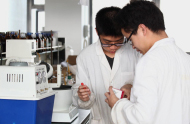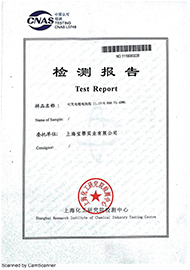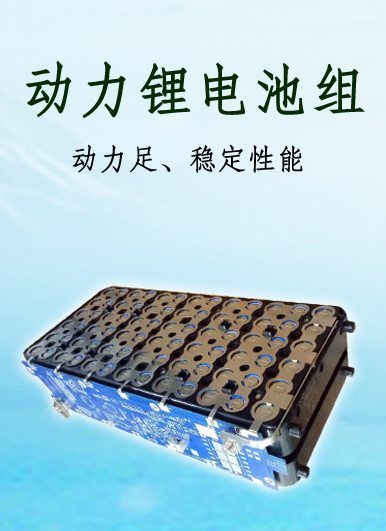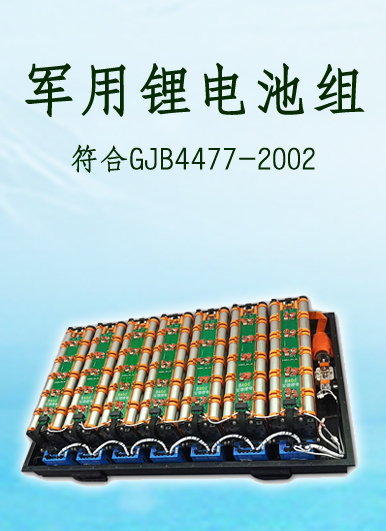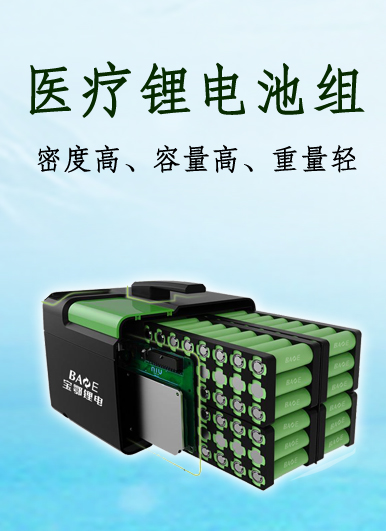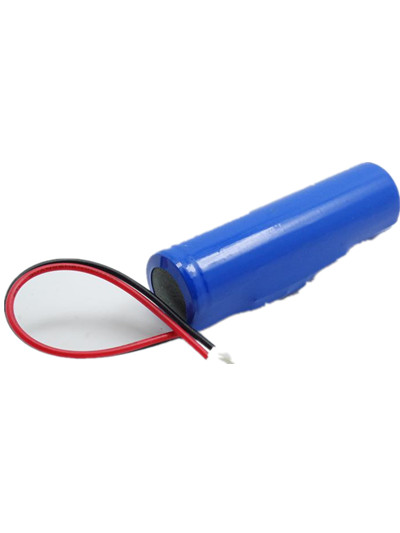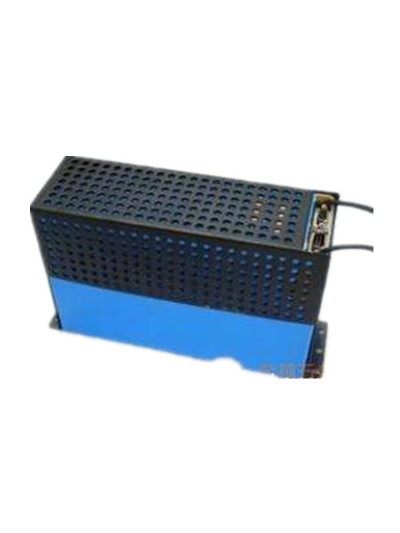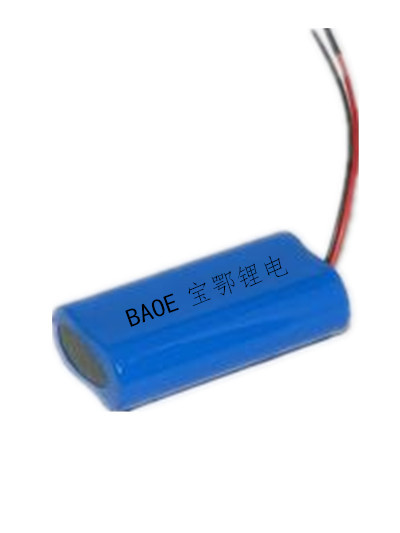First of all, the profit composition of electric vehicles compels Europe to build its own battery productivity. Developed countries in Europe and the United States have always occupied the top of the global automobile industry chain, and obtained high profits. They have always made trade-offs with high profits for the industrial layout. Previously, they believed that the battery industry was a low value-added, low-profit industry, so they did not attach much importance to the lithium battery industry. European and American automobile companies initially chose fuel cells instead of lithium-ion batteries in the technical route of electric vehicles. Therefore, the development of power batteries in the past few years has not done its utmost, often a little.
Today, however, both European Union governments and major automotive companies have suddenly found an unacceptable reality: power batteries account for nearly 40% of the cost of electric vehicles, and more than 90% of the market share is tightly held by Chinese, Japanese and Korean enterprises. The world's largest supplier of power batteries, with gross margins close to 40% in its 2018 annual report, makes less than 8% of the profits of the automotive giants that accompany it.
It has always been the whole vehicle control industry chain to make big profits. Now the situation is reversed. The big profits are taken away by the suppliers of spare parts, which is absolutely unacceptable to the automobile enterprises.
Secondly, the accelerator of new energy vehicles in Europe, which should be the electric valve, has stepped on the floor. Previously, European auto companies were fascinated by the high profits of traditional automobiles, which contradicted the development of new energy vehicles. But in 2015, when Volkswagen was caught up in the "emissions gate" incident and its proud reputation as a "clean diesel engine" was shattered, the automotive Empire faced a huge crisis: high-level personnel changes, evaporation of market value, huge fines, millions of vehicles to be recalled...
Subsequently, the painful Volkswagen regards EV as the core part of its future strategy. In 2017, it released Roadmap, the most comprehensive EV strategy in the global automotive industry at that time, declaring that by 2030, Volkswagen Group's entire vehicle lineup will be electrified.
Emission gates affect not just Volkswagen, but the European automotive industry as a whole. On December 12, 2015, the United Nations adopted the Paris Climate Agreement, aiming to control global temperature rise by limiting carbon emissions. In order to meet the carbon emission constraints, the European Union has adopted very stringent standards on automobile emissions. The European Commission requires automobile manufacturers to further reduce their average carbon dioxide emissions by 30% by 2030 on the basis of 2021. With the change of power structure, the progress of power technology and the expansion of cogeneration scale, the greenhouse gas emission of pure electric vehicles in the whole life cycle is 23.5 tCO2 e/vehicle in 2020. Compared with traditional gasoline vehicles, the greenhouse gas emission reduction of pure electric vehicles in the whole life cycle is up to 18%, and the emission reduction effect can not be ignored. The European automotive industry, which has suffered from the exhaust doors of fuel vehicles, has realized that full-scale electrification is the only way for automotive enterprises to enter the future.
Finally, referring to the Samsung cell phone battery explosion, the impact on the Samsung brand is still a pain point. The safety of power batteries has a greater impact on the brand of automobile companies. If there is a battery problem, the most serious injury must be the brand of the vehicle manufacturer. Moreover, the safety level of automobiles is incomparable with that of general consumer electronics products.
Battery is the power source of the car, just like the engine to the car. Under the dual effect of cost and quality, the traditional car has never had a general engine, and the large automobile companies control the production of the engine by themselves. Similarly, electric vehicle batteries will not appear in general models, each car company will have its own considerations on battery charging speed, rate, capacity, safety level and life according to the characteristics of its own car. Therefore, even though European enterprises failed to invest in lithium-ion power in the first ten years, it is time for them to make up their minds and build their own battery factories and master battery technology in order to take the road of electrification.
Of course, through the lessons of the previous failure to develop lithium batteries, Europeans realize that although the production threshold of lithium batteries is not high, it is not overnight to do well. Objectively speaking, European automotive enterprises lack the technological foundation of lithium battery and accumulated manufacturing experience. If they build their own core factories, it will be difficult to meet the increasing cost control requirements of new energy vehicles. In order to control the battery industry, European auto companies must develop power batteries strategically.
首先,电动车的利润构成,逼迫欧洲必须自建电池生产力,欧美发达国家一直占据全球汽车产业链的顶端,而获得高额利润,对于产业布局向来以利润高下来做取舍。之前他们认为电池产业是一个低附加值、低利润率的行业,因此不太重视锂电池产业。欧美车企在电动汽车技术路线上的最初选择是燃料电池,而非锂离子电池。所以前些年发展动力电池并未尽全力,往往浅尝辄止。
但时至今日,无论是欧盟各国政府,还是各大车企,突然发现了一个不能接受的现实:占据电动汽车成本近40%的动力电池,超过九成以上的市场份额都被中日韩三国企业紧紧扼住。全球最大动力电池供应商,其2018年年报公开的毛利率接近40%,而与之配套的整车巨头们的利润却不到8%。
从来都是整车控制产业链,获取利润大头,现在局面反过来了,利润的大头被零部件供应商拿走了,这是车企绝对不能接受的。
其次,欧洲发展新能源车的油门,准确说应该是电门,踩到底了。由于之前欧洲车企迷恋传统汽车高额利润的好日子,对发展新能源车抱有抵触。但在2015年,大众深陷“排放门”事件,其引以为傲的“清洁柴油发动机”名声扫地,汽车帝国面临巨大危机:高层人事变动、市值蒸发、巨额罚款、百万计的待召回车辆……
随后,痛定思痛的大众将电动汽车视为未来战略的核心部分,并于2017年发布了当时全球汽车行业内最全面的电动化战略Roadmap,宣称最晚到2030年,大众汽车集团的整个车型阵容将实现电动化。
排放门事件影响到的不仅是大众汽车,而是整个欧洲汽车产业。2015年12月12日,联合国通过《巴黎气候协定》,意图通过约束碳排放控制全球气温升幅。为兑现碳排放约束目标,欧盟对汽车排放采取了非常严苛的标准,欧盟委员会要求汽车制造商将2030年二氧化碳的平均排放量在2021年的基础上进一步减少30%。在电力结构变化、电力技术进步和热电联产规模扩大的情况下,2020年纯电动汽车全生命周期温室气体排放为23.5tCO2e/辆,与传统汽油车相比,纯电动汽车全生命周期温室气体减排力度达18%,减排效果不容忽视。饱受燃油车排放门折磨的欧洲汽车工业已经意识到,全面电动化是汽车企业通往未来的唯一出路。
最后,参考三星手机电池爆炸,对三星品牌的打击之深,至今仍是痛点。动力电池安全与否对车企品牌的影响更加巨大,如果电池出问题,受伤最深的一定是整车制造商的品牌,况且,汽车的安全等级是一般消费类电子产品无法比拟的。
电池是车的动力来源,就像发动机之于汽车,在成本和品质的双重作用下,传统汽车从来没有出现过通用发动机,大型车企都是自己掌控发动机的生产。与之同理,电动车的电池也不会出现通用型号,每家车企将根据自己车的特点,对电池的充电速度、倍率、容量、安全等级、寿命均有自己的考量。因此,纵然欧洲企业前十年的锂电投资失败,但现在则到了必须下决心的时候了,要走电动化道路,就必须自建电池厂,掌握电池技术。
当然,通过前面发展锂电池的失败教训,欧洲人认识到锂电池生产门槛虽然不高,但要做好也绝非一朝一夕。客观来说,欧洲车企缺乏锂电池技术功底,以及生产制造经验累积,如果车企独自建设电芯工厂,将很难达到新能源汽车日益增长的成本控制要求。欧洲车企要实现对电池产业的掌控,就必须有策略的发展动力电池。 우선, 전동차의 이윤 구성은 유럽이 배터리 생산력을 자건해야 하는데, 유럽과 미국 선진국은 줄곧 세계 자동차 산업 사슬의 정상을 차지하고, 고액의 이윤을 얻고, 산업의 레이아웃에 대해 이윤이 높게 취사했다.그동안 배터리 산업은 저부가가치, 저이윤율의 업종이라고 생각하며 리튬 배터리 산업은 중요하지 않다.오메카는 전기자동차 기술 노선에서 최초로 연료 배터리가 아니라 리튬 전지를 선택했다.그래서 전년 발전동력 배터리는 전력을 다하지 않았고, 흔히 보면 그만둔다.
그러나 오늘날 유럽연합 각국 정부나 차량 기업들이 납득할 수 없는 현실을 발견했다. 전기차 원가 40% 에 가까운 동력 배터리, 9퍼센트 이상의 시장점유율은 중일 3국 기업에 의해 꽉 쥐어져 있다.전 세계 최대 동력 배터리 공급업체는 2018년 연보가 공개된 모금리가 40% 에 육박하고, 세트의 정차거두들의 이윤은 8% 도 안 된다.
지금까지 차량 컨트롤 산업 사슬로 이윤 대두를 획득하고, 지금은 국면이 뒤집혀 이윤의 대두가 부품 공급업체에 의해 가져간 것은 차기업이 절대 받아들일 수 없다.
그 다음으로 유럽이 새로운 에너지 자동차를 발전시킨 액셀은 확실히 스위치를 밟고 끝까지 밟아야 한다.기존 유럽차 기업이 전통 자동차 고액의 이윤에 미련된 좋은 날로 새로운 에너지 자동차를 발전시키는 데 저촉이 있다.하지만 2015년에는'배출문'에 대중이 몰린'청결 디젤엔진'의 명성 소환에 직면하고, 자동차 제국은 거대한 위기에 직면하고, 고위층 인사 변동, 시세 증발, 거액의 벌금, 백만 계의 대기차량 소환...
이후 가슴 아픈 대중은 전동자동차를 미래전략의 핵심 부분으로 여기며 2017년 전 세계 자동차 업계에서 가장 전면적인 전동화 전략 Roadmap 을 발표하며 늦어도 2030년까지 대중자동차 그룹의 전체 차형 라인업이 전동화를 이룰 것이라고 밝혔다.
배출문 사건에 영향을 주는 것은 대중 자동차뿐만 아니라 유럽 자동차 산업 전체다.2015년 12월 12일 유엔은'파리 기후협정'을 통해 탄소 배출을 통해 전 세계 기온의 상승폭을 억제하려는 의도다.EU는 현재 탄소 배출 목표를 위해 자동차 배출에 대해 매우 가혹한 기준을 채택했다. 유럽연합위원회는 자동차 제조사들이 2030년 이산화탄소의 평균 배출량을 2021년 기초에서 30% 감소하도록 요구하였다.전력 구조 변화, 전력 기술 진보 와 열전 연산 규모가 확대된 가운데 202020년 순전기 자동차 전 생명 주기 온실 가스 배출은 23.5tCO2e /대, 전통 휘발유차 에 비해 순전동 자동차 전 생명 주기 온실 기체 감축 속도 18% 감소 효과는 무시할 수 없다.연유차 배출문에 시달리는 유럽 자동차 공업은 이미 전면 전동화는 자동차 기업이 미래로 가는 유일한 출로를 인식하고 있다.
결국 삼성 휴대전화 배터리 폭발을 참고해 삼성 브랜드에 대한 타격은 여전히 아픔이다.동력 배터리 안전 여부는 자동차 기업의 브랜드에 대한 영향이 더욱 커지고, 배터리가 문제가 생기면, 부상이 가장 심한 것은 정차 제조업자의 브랜드이며, 게다가 자동차의 안전등급은 일반 소비류 전자 제품에 비할 수 없다.
배터리 는 자동차 의 동력 원천 을 마치 엔진 이 자동차 를 원가 와 품질 의 이중 작용 하 면서 전통 자동차 는 통 용 엔진 이 나타나지 않 았 고 대형 자동차 기업들 은 모두 스스로 엔진 을 장악 하는 생산 이다.이와 같은 이치, 전동차 배터리도 통용 모델이 나오지 않고, 각 차 기업은 자신의 차의 특징에 따라 배터리 충전 속도, 배율, 용량, 안전 등급, 수명 모두 자신의 고찰을 가지고 있다.이에 따라 유럽 기업의 10년 전 리튬 투자가 실패하더라도 이제는 결심을 해야 할 때가 되면 전동화 도로를 걷고 배터리 기술을 자체적으로 건설해야 한다.
물론 리튬 배터리의 실패 교훈을 통해 유럽인들은 리튬 배터리 생산의 문턱이 높지 않지만 잘 해야 한다는 것은 결코 하루아침에 아니다.객관적으로 유럽차 기업은 리튬 전지 기술의 부족과 생산 제조 경험이 누적되며, 자동차 기업이 혼자 전기심 공장을 건설하면 신에너지 자동차가 날로 성장하는 원가 통제 요구에 도달할 수 없을 것이다.유럽차 기업은 배터리 산업에 대한 통제를 실현하려면 전략적 발전 동력전지가 있어야 한다.

